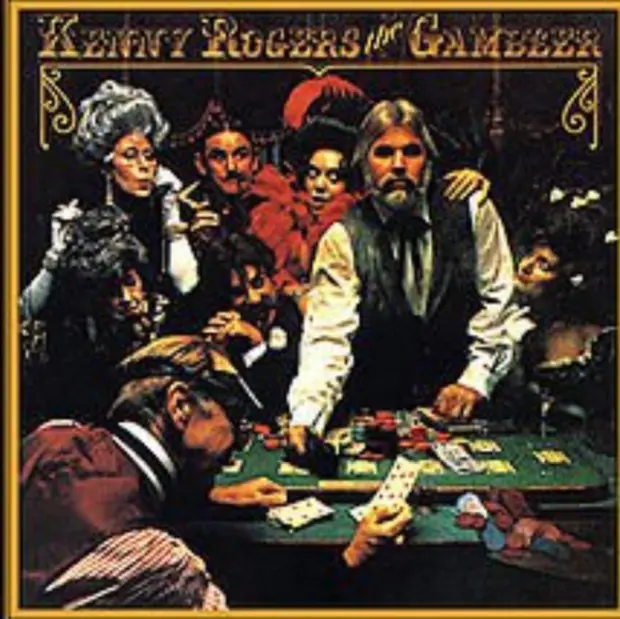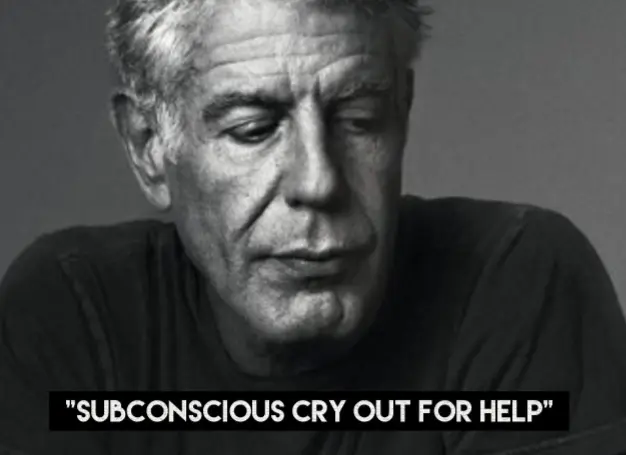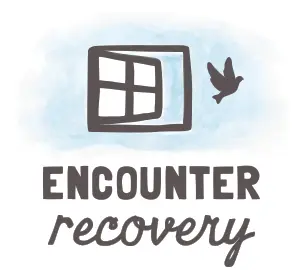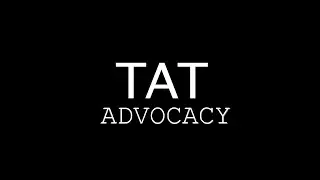
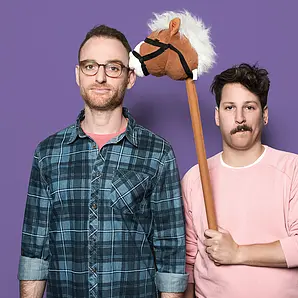
Working in mental health is very interesting. On a day-to-day basis, one is exposed to an endless slew of possibilities, personalities, and situations. Stories heard in a group and individual sessions are ones that will probably never be heard elsewhere. Many are odd, sad, and surprising.
As a mental health professional, people may look differently at your character. Not only are you seen as being very knowledgeable regarding mental health, but also many would assume you are a well-rounded person, mentally. People you have not spoken to in years will come out of the woodwork via Facebook Messenger asking you off the wall questions regarding mental health concerns. People will ask if you are “analyzing” them. Your spouse or partner will tell you to stop trying your techniques on them…etc. I could continue on with this list, but I would like to focus on something else in particular: friends.
Friends: Most of us have them; some are closer than others and some are distant. Most friends talk to each other about their problems and other topics. It’s a reciprocal exchange; however, how do you go about telling your friend that they may need additional help from a professional other than yourself? How do you discern your therapist and friend roles effectively?
This is a tricky situation and can turn sour quickly. The stigma associated with mental health services is still alive and well but slowly fading. Although this is true, approaching a friend with seriousness regarding their mental health is a fragile subject. Why? Because to them, you are an unspoken part of their mental health maintenance. The same is said for you; your friends help maintain your mental health.
So, when you tell your friend(s) they may need to “go see someone,” they may feel confused or even insulted. Even worse is when you begin trying to fix all your friends’ problems for them. Friendship and psychotherapy are two entirely different things that are best left separate for many different reasons. Now, what should you do to decrease the likelihood of damaging your friendship and how should you keep yourself in check while also showing you care for your friends.
Here is a list that may help. Feel free to add to this list in the comments section. We would love to know what ideas other mental health professionals have regarding this subject:
-
Explain your separate roles as a therapist and a friend if they continuously seek your help in a way that seems to overstep boundaries.
-
Know your limits as a friend.
-
Refrain as best as possible from entering into your therapist role while discussing problems. You can think it, but don’t say it.
-
Empathize and encourage.
-
Leave out mental health jargon if possible or limit it: this isn’t a client.
-
Don’t throw out clinical diagnoses; again, not your job here.
-
Refrain from repeatedly reminding them to set up an appointment somewhere or saying they should “go see someone.” They heard you the first time.
-
If they need help finding a mental health professional, they will probably ask. Wait for that.
-
It’s not your job to “fix” your friends.
-
Again, empathize: How would you feel if your mental health professional friend treated you like a client? Don’t use your friends as a therapy practice.
-
Just being there for your friend means much more than being a rescuer.








